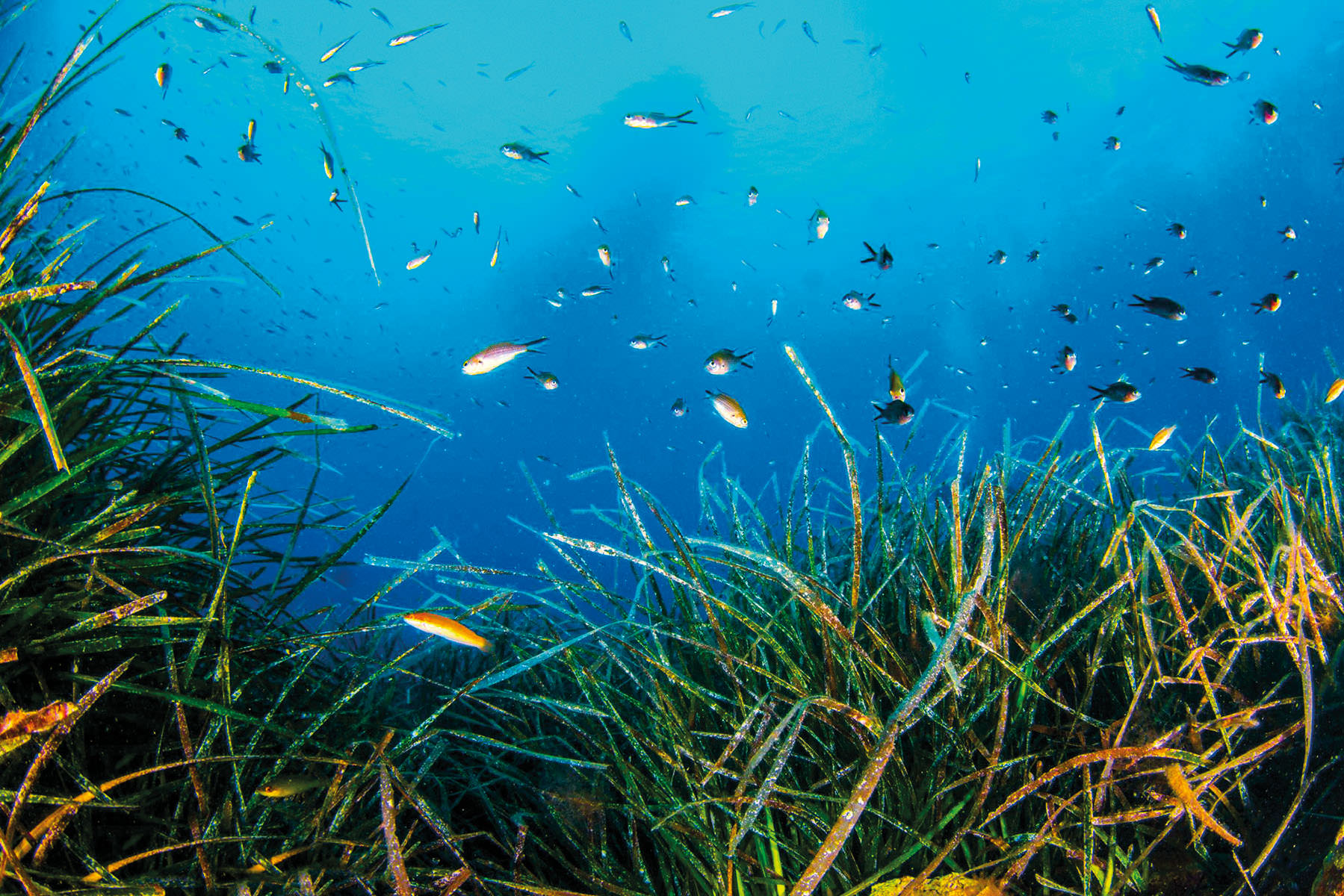Only 10% of marine species are known: we need more resources for research
COP16 on biodiversity is coming to Rome, after a first round held last autumn in Cali, Colombia. On that occasion, 196 countries failed to reach an agreement on how to safeguard the natural ecosystems on which all life depends.
COP16 on biodiversity is coming to Rome, after a first round held last autumn in Cali, Colombia. On that occasion, 196 countries were unable to reach an agreement on how to safeguard the natural ecosystems on which all life depends. The meeting at FAO from 25 to 27 February is therefore a crucial moment to decide how many resources will actually be allocated to protecting forests, mountains and the ocean, which in volumetric terms accounts for 90% of the planet’s ecosystems. Marevivo is calling on the Italian Government to make sure this second round does not end up, like the previous one, in failure or yet another postponement.
“To protect our ‘common home’ we need a financial effort from all the countries that are parties to the Convention on Biological Diversity,” said Rosalba Giugni, President of the Marevivo Foundation. “Industrial fishing, discharges into the sea, ocean acidification and climate change are destroying the foundations of marine life — and therefore the very basis of our own survival. To change course, we need to invest in measures that stop overfishing, establish more Marine Protected Areas and promote comprehensive protection policies. But we also need to ‘invest’ more in knowledge: recent studies estimate that only 10% of marine species are known and studied, and if we continue like this we risk losing the building blocks of biodiversity before we even discover them. And without knowledge, there can be no protection.”
For this reason, the Marevivo Foundation is expressly asking the Italian delegation attending COP16 to commit to supporting scientific research on marine species. “This,” Rosalba Giugni added, “is a fundamental step, and we want to remind the very Government that created the Ministry of the Sea.”
If the marine ecosystem is not in good health, human survival on Earth is seriously at risk. Yet governments’ attention to our extraordinary blue planet has always been weak and not very incisive. There is no more time to halt biodiversity loss: we need resources, strategies and shared action now. This COP in Rome cannot afford to close with weak or hesitant decisions — we need clear ideas and concrete steps.






